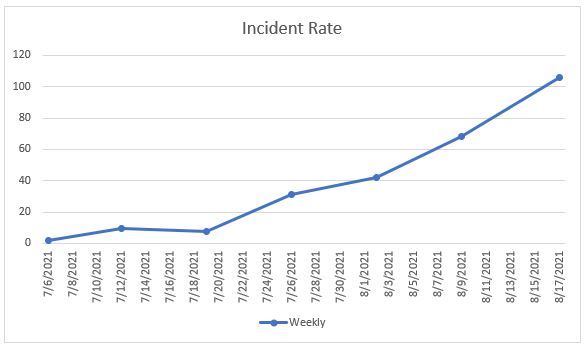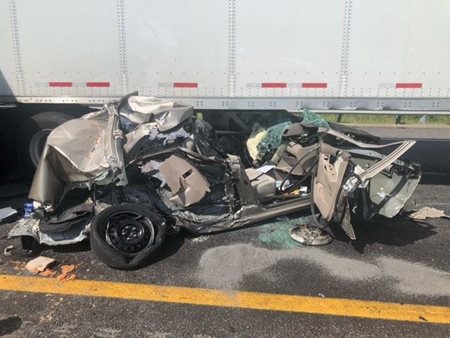The National Weather Service reminded everyone Thursday how life abruptly changed on the evening of January 26, 2009, as a growing layer of ice brought trees and power lines to the ground.
Lights and heat went out for days, even weeks. Basics such as food, water, and gas were difficult to get, with some waiting hours in line for gas.
Communication by phone was all but impossible, leaving only radio and satellite phones as options. Curfews were imposed at night to prevent looting and to allow recovery crews more space.
For the first time, the entire Kentucky National Guard was deployed. Troops helped clear roads, maintain order, and provide for victims' needs.
Utility companies reported remarkable damage to their systems: More than 145 miles of high-voltage transmission lines were down in southeast Missouri, and 20 percent of one utility company's system was rebuilt. Shelters quickly filled with hundreds of cold and hungry storm victims when temperatures plummeted into single digits.
Scarred trees would mark the landscape for years to come, can cleanup of debris would last into the following summer.
By the evening of January 27, over 90 percent of southwestern Kentucky was without power. By Feb. 4, power was restored to most residents of cities, but some rural areas in the hardest hit areas of western Kentucky and extreme southeast Missouri were still facing weeks without power. Trees fell on homes and cars, and numerous trees and power lines blocked roads, causing travel hazards in the following days. There were at least fourteen fatalities either directly or indirectly related to the storm.
Weather.com says it was the third-worst ice storm in U.S. history, with 609,000 homes and businesses in the dark in Kentucky, and 1.3 million homes in the area affected by the storm.
The two storms worse than ours were a 1994 ice storm in the deep south, where 2 million people lost power. Another storm in New England and southeast Canada happened in 1998, with 500,000 losing power just in New England.
If you like, share your memory of the storm in our comments section below.
On the Net:
National Weather Service Release with more photos




